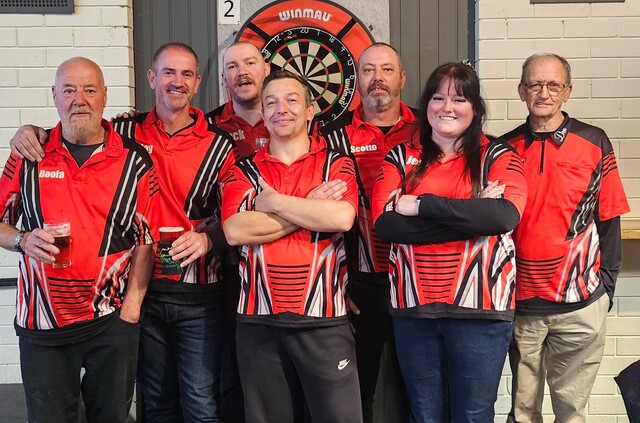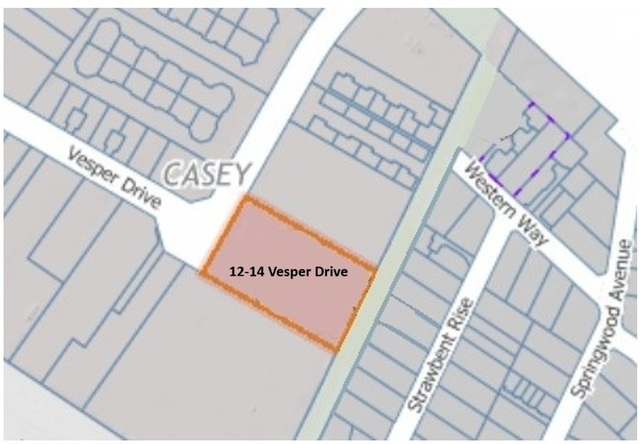By CAM LUCADOU-WELLS
HOW is it possible to deliver “success” at a men’s behaviour change program?
LifeWorks Relationship Counselling and Education family violence co-ordinator Margaret Hodge says there is often more work to do for men after they attend the 26-hour course over 13 weeks.
She says men are advised to continue their ongoing behaviour change after the course, to work on factors such relationship and communication skills
“We know through any behavioural change process, people may lapse and relapse.
“It can take time for them to hold down a respectful relationship.”
Ms Hodge instead sets a goal of ensuring the man’s partner feels safe in the relationship, that she has “options”.
“Their is no clear definition of success; it’s more about how the partner says the man’s behaviour has changed and how safe she feels in the relationship.”
During the course, the men’s partners and ex-partners are supported. They are offered support by a women’s contact worker to ensure that their safety is maintained and referral options explored if this is required.
“It keeps the men accountable particularly if we hear about a breach of an intervention order or stalking behaviour,” Ms Hodge says.
“It’s up to us to name that, bring that up with the man and to let the police know, or encourage the man to speak to police themselves – this is to demonstrate their accountability and responsibility.”
Sue Pratt, a LifeWorks counselling and education manager, says there is a “power of the group” – a type of peer pressure – that helped lead men to take responsibility.
At the group, there are male and female co-facilitators modelling respectful behaviour to one another.
They also deliver information on how to keep the relationship “safe”, and about old-fashioned attitudes such as a misplaced sense of entitlement.
The men are taught to regulate their emotions, improve their communication and relationship skills, about the impact of aggression on others and blame-shifting.
Her colleague Ms Hodge says men show varying attitudes towards their self-examination.
“There’s a sense of ‘poor men’ – we’re the ones who have to go to court, who have to undergo intervention orders.
“We have some men very open and willing to look at themselves. They are very aware of their behaviour and take responsibility – that is very encouraging to me.
“The key to a man’s changing is willingness to make the change. It’s not to blame her all the time but his willingness to consider the impact that his behaviour has on the family.
“The common change comes from seeing the way they have been in the past hasn’t been helpful. They have to do something different.”
Some men struggle to overcome being raised to believe the father was the dominant household figure.
They are confronted when women pursue careers and regard themselves as equals.
“They try to implement the same type of structure in their family,” Ms Hodge says.
“It’s a huge change for men in their fifties and sixties. After many years of controlling the family, then their status in the family changes.”

















